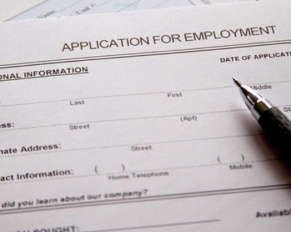On Monday, November 2, 2015, President Obama introduced the concept of the “Drop the Box” initiative in a speech given at Rutgers University in Newark, New Jersey. The President announced a new executive order which will be geared to prohibit federal agencies from requesting job applicants to reveal if they have a criminal record. This initiative is part of Mr. Obama’s overall criminal justice reform effort. The “Drop the Box” initiative would allow prospective employees not to check a box on some federal applications that acknowledge a criminal record, which essentially thwarts any potential employee who possesses a criminal record from obtaining a government job. The President says he hopes that one day all companies could abide by this principle, not just federal agencies, and cites the good works of large companies like Koch Industries, Target and Wal-Mart who have already eliminated the question posed of a prior criminal record from their job applications. Now, it is up to Congress to pass the legislation and push for nationwide acceptance of the “Drop the Box” campaign.







